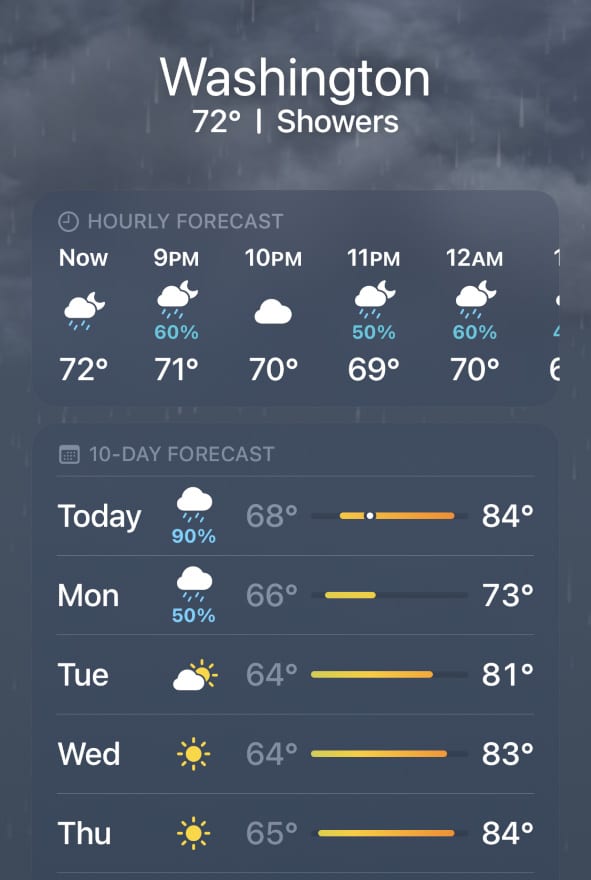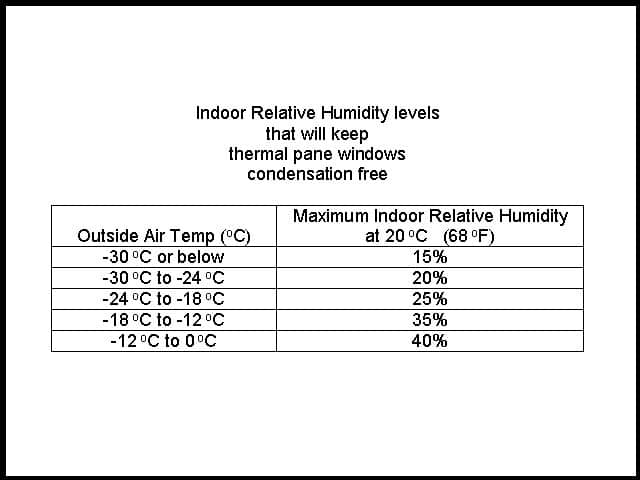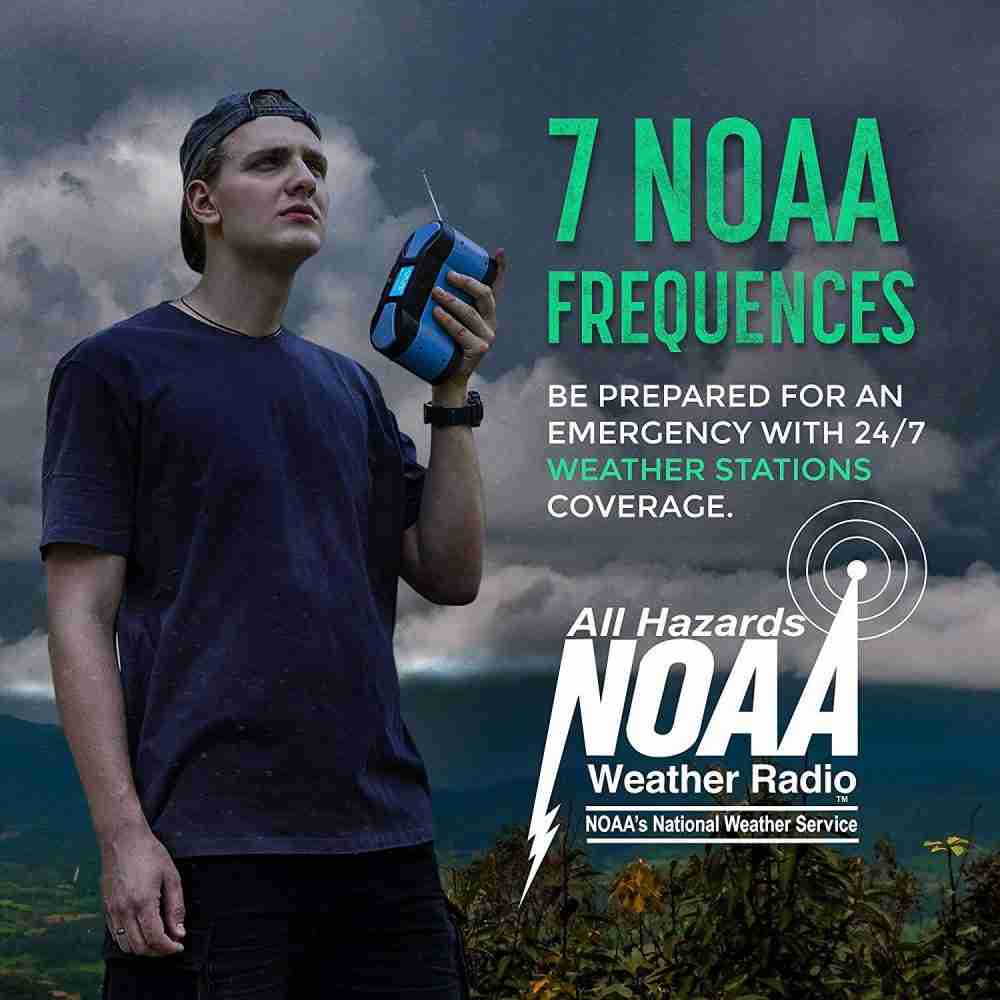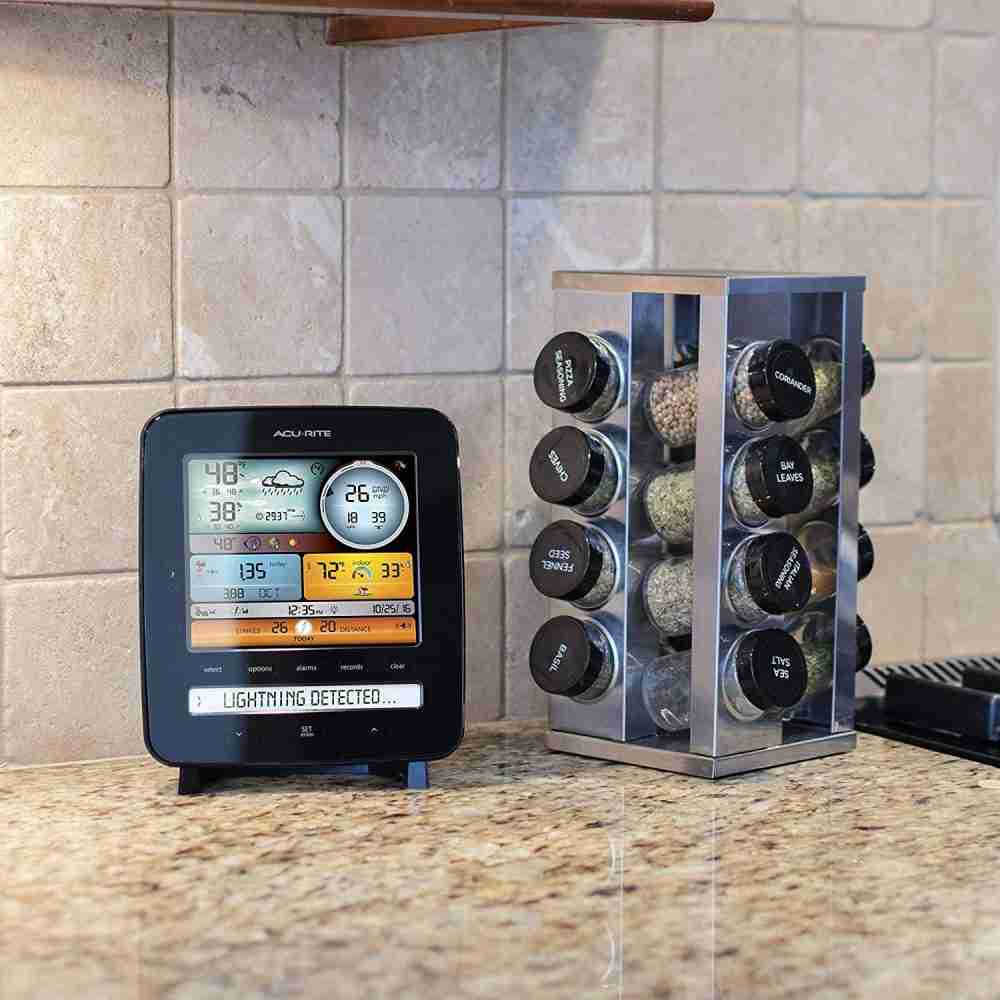Weather Tips
Tips for keeping cool in hot weather. While most welcome hot weather, there are health risks when it’s too hot for too long.
Weather Safety Tips
Hot Weather:
Stay hydrated by drinking plenty of water throughout the day.
Wear lightweight, light-colored, and loose-fitting clothing to help keep your body cool.
Avoid strenuous outdoor activities during the hottest parts of the day (usually midday to early afternoon).
Apply sunscreen to protect your skin from harmful UV rays.
Seek shade or use an umbrella when outdoors.
Cold Weather:
Dress in layers to trap warm air close to your body.
Wear a hat and gloves to prevent heat loss from your head and hands.
Keep your feet warm with insulated and moisture-wicking socks and waterproof boots.
Protect your skin from windburn by applying a moisturizer with SPF.
Be cautious of frostbite and hypothermia; know the signs and seek medical attention if necessary.
Rainy Weather:
Carry an umbrella, raincoat, or waterproof jacket to stay dry.
Wear waterproof shoes or boots to prevent your feet from getting soaked.
Be cautious of slippery surfaces and walk carefully to avoid falls.
Ensure your vehicle’s windshield wipers are working correctly and your tires have good traction.
Stormy Weather (Thunderstorms and Lightning):
Stay indoors during thunderstorms and avoid tall structures, open fields, and bodies of water.
Unplug electronic devices to protect them from power surges caused by lightning.
Avoid seeking shelter under isolated trees or tall objects if caught outside.
Wait at least 30 minutes after the last thunderclap before resuming outdoor activities.
Windy Weather:
Secure outdoor objects that could become projectiles in strong winds.
Be cautious while driving, especially in areas prone to crosswinds or gusts.
Dress appropriately to avoid getting chilled by the wind, even in warmer temperatures.
Foggy Weather:
Drive with caution and reduce your speed to adapt to reduced visibility.
Use low-beam headlights to avoid glare in dense fog.
Keep a safe following distance from other vehicles to allow for sudden stops.
Extreme Weather Events (Hurricanes, Tornadoes, etc.):
Stay informed through weather forecasts and alerts from reliable sources.
Have an emergency kit with essentials such as water, nonperishable food, medications, a flashlight, batteries, and a first aid kit.
Identify a safe room or shelter within your home where you can go in case of severe weather.
Follow evacuation orders if local authorities issue them.
Weather conditions can change quickly, so staying updated through reliable sources such as weather apps, websites, and local news outlets is essential. Always prioritize your safety and the safety of those around you.


































